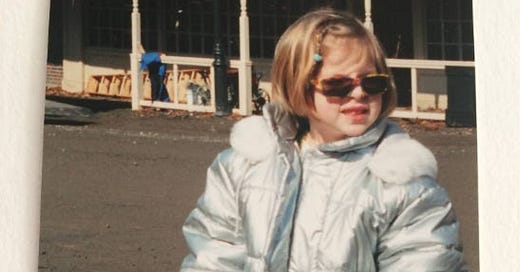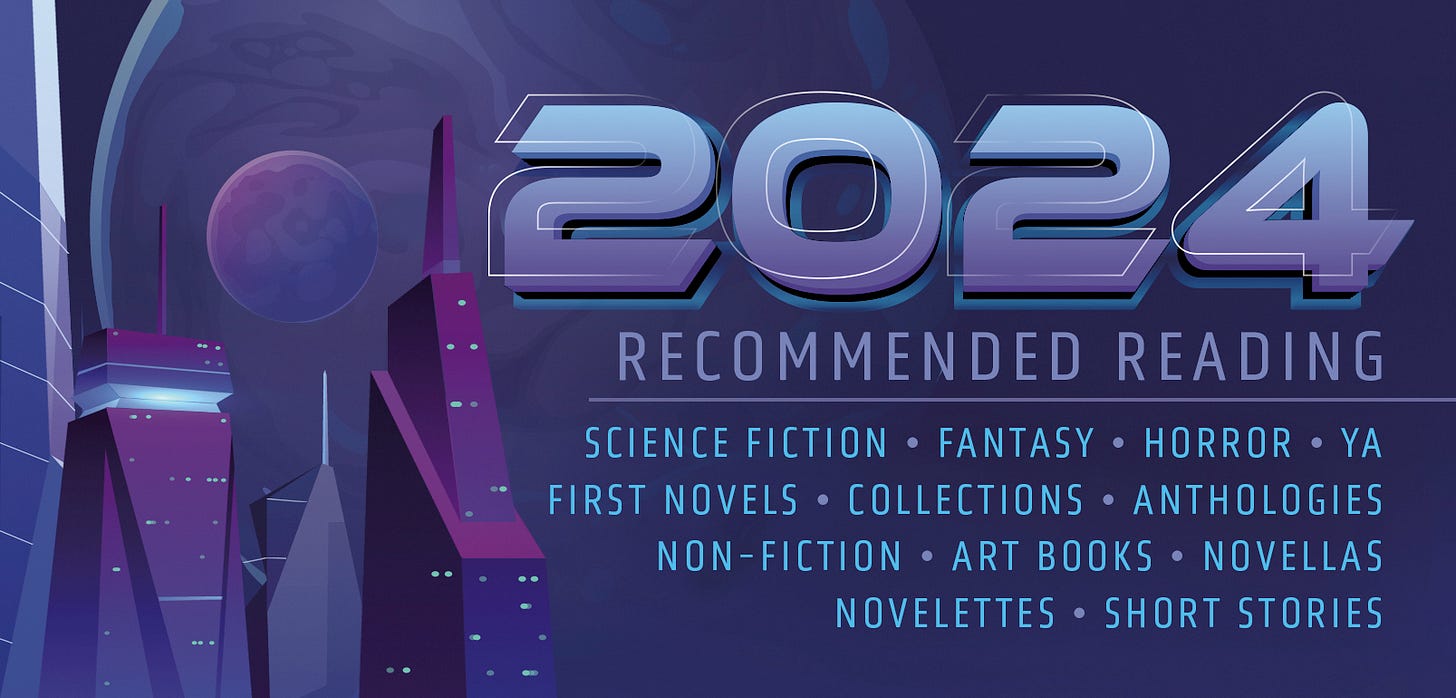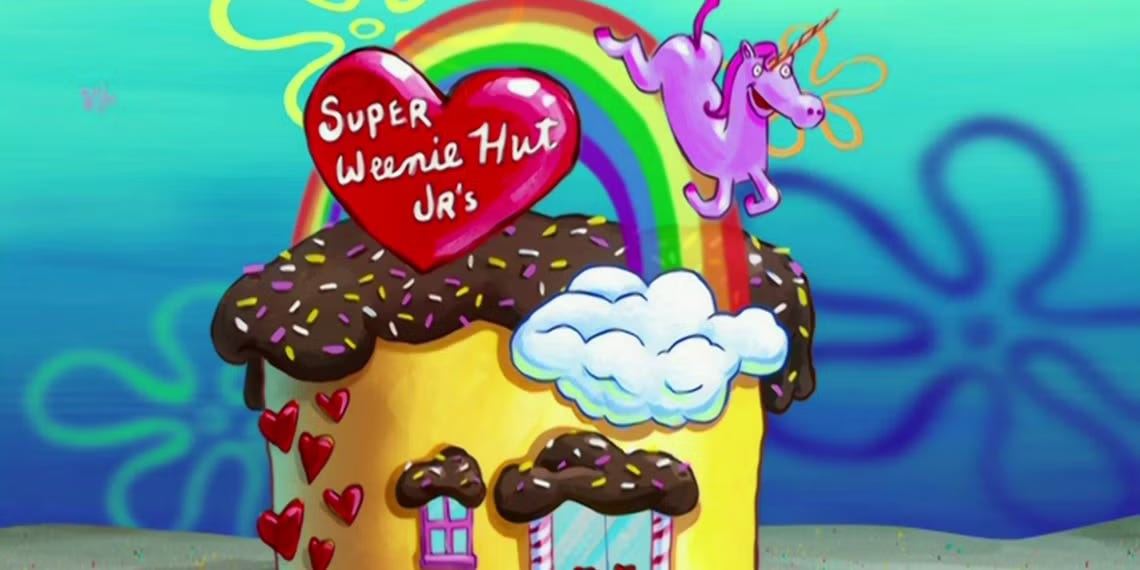So I may have jumped the gun.
Earlier this week, I told you all about starting grad school in Glasgow this coming September. I sat on that announcement for two months, and the morning after I finally released it to the world, I was offered a place at the University of Edinburgh.
Let me explain.
I applied to both schools at the same time. Comparable programs, an hour train ride apart. It took less than two weeks to hear back from Glasgow that I’d been accepted. And then I waited. And I kept waiting. I started thinking about my life in Glasgow. Researching the cost of living. Talking to my friends who live there about pub nights and the best neighborhoods to find a flat. I was still keeping my options open, but I figured I might as well start applying for funding and scholarships and bursaries. Talking to current students in the MSc. Trying to work out how to fly my dog over.
It got real, is my point. So I made the decision. I was going. And the next morning I woke up to an email from the University of Edinburgh in my inbox, offering me a place in the Narrative Futures MSc.
I probably should have expected that.
Very suddenly there was a choice again, and after enormous consideration—and no small amount of prying my fingers off the whole ‘life in Glasgow’ scenario I’d concocted—I realized that it was going to be Edinburgh after all. The program is part of the Edinburgh Futures Institute, offering the same creative and data skills as the Glasgow course, but also critical interdisciplinarity to study the way narratives frame our understanding of the world and shape our planetary futures.
I have a sneaky feeling I’ll end up in Glasgow anyway after the year of grad school, but for now that’s the update. I’m still moving to Scotland at the end of the summer, just a little further east than expected.
Lately, I’ve been thinking about cycles. During my senior year of high school I was accepted to study—or read, if we’re getting British about this—English and Scottish Lit at the University of Edinburgh for my undergrad. I chose to go to a conservatory in the States instead, but did a summer acting program at Guildhall first as a semi-consolation. That wouldn’t have happened if I’d been starting school in Scotland that fall. But that summer program was where so many of those first friendships were born that would keep me tied to the UK through all these years.
Shooting forward, I first meant to apply for the Narrative Futures MSc in the summer of 2023. After a year of unexpected aimlessness, I’d finally found a direction. I vividly remember telling my friend Tyler that I’d made the decision to apply—only for my agent to call the next morning with news that DAW was offering on a 3-book deal. I very suddenly did not have time for grad school.
I will soon, now.
I’m actually going, now.
What. Help. (No, actually, I could really use your help.)
I can’t believe it.
Sargassa made the Locus 2024 Recommended Reading List.
My weird, genre-dysphoric book is up for Best First Novel. What!?
Voting for the Locus Awards is open to the public, and it would mean the world to me if Sargassa were on your first-round ballot. This has been a pipe dream of mine for years—seriously, even a nomination marks off a square on my Career Bingo Chart, a very real thing that I have.
So, casting dignity to the side for the sake of sincerity, please help me make it to the top ten shortlist! Cast a vote!!!!
Writer’s Corner
I’ve been terrible, frankly, about remembering to open up for Q&As on industry/craft/all things writing. But I did remember this month! Going forward, I’ll try to do better about this on my IG story, but keep in mind that you can always comment on the previous month’s newsletter with a question and I’ll wrap it into the coming month’s Q&A.
So here’s what you wanted to know:
Q. Marketing/publicity scares me. How should I approach it as a debut author?
A. I wish there was a one-size-fits-all answer to this. The fact is—and I know this is the worst answer in the world—it depends. It depends on your genre, it depends on your market, it depends on your publisher, and it depends on how much you, personally, are going to enjoy investing time and energy into it. So here are my biggest pieces of advice, learned on the fly and through trial and error:
If you’re like me and work best when you have all the information, ask for a meeting with your publisher’s publicity team as soon as possible. Find out what they have planned, ask for things you want—the worst they can do is say no—and make your own plan for filling in the gaps.
With some notable exceptions, most debut novels aren’t going to break out. That’s okay! Frontlist sells backlist, so the best thing to do is focus on writing your next book instead of losing your mind over marketing. In the meantime, introduce yourself to potential new readers—podcasts, conventions, and book fairs are the best places to do this. These may not contribute to an immediate spike in sales, but they get you in front of people so they know you and your books exist.
There’s very little you, a debut author, can do on social media that’s going to meaningfully move the needle. If you find social media is draining/intimidating/etc., don’t torture yourself. But if you thrive and enjoy spending time on social media, then it’s a wonderful place to have fun, be creative, and make connections.
Freelance publicists are a thing! I didn’t hire one because I didn’t think that was the right move for my book, but if you’re at all considering it then I would talk to authors in your genre and age market to gauge their experience and whether they found it worthwhile.
Q. Oh wise, all-knowing sheep, please tell me revising tactics.
Please note: The open call for questions was accompanied by a photo of my stuffed sheep Fergus and his twin brother Hamish. They may not be experts, but they are certainly in their field.
A. Scene not working? Or maybe you’ve just read your own writing so many times you’ve stopped being able to tell if it’s any good? Change your font. Make it big, make it Comic Sans, do something to trick your brain into receiving the same old text differently.
Or print it out. Something about having a hard copy and a pen in hand completely changes the chemicals happening in my brain, opening up all kinds of possibilities for revision that were completely stagnant when the work was stuck on a screen. It’s also easier to spot typos for some reason. Make it make sense.
Another good one: Read it out loud. I find this especially helpful with dialogue. The person who asked this question is a playwright, so allow me to also humbly suggest that you force your actor (or non-actor) friends to read it out loud instead so you can listen and furiously scribble down notes.
Filling the creative cup.
I had a minor medical procedure a few weeks ago, and I don’t know what it says about me that I’ve spent my convalescence reading and watching— Well, you’ll see the theme.
Honestly, I blame David Lynch.
It started with an in memoriam Twin Peaks rewatch. And then I watched Caddo Lake. And read My Sister, the Serial Killer by Oyinkan Braithwaite, followed by Such Lovely Skin by Tatiana Schlote-Bonne. I’m finally feeling enough myself post-op to see Nosferatu in the theater tomorrow with some friends.
The thing you need to understand about all this is that I’m a Certified Weenie.
Scary movies terrify me. They always have. Not so much in the moment, but later on. After the screen goes dark. When I’m alone in my bedroom at night and the wheels of my imagination turn, unbound by the constraints of narrative decisions made by directors and producers ages and ages ago. Suddenly, the possibility for terror exists around me, unscripted, in every possible dimension.
It’s the same reason I’ve never really touched scary books at all. In that realm, where it’s nothing but words on the page, my imagination doesn’t have to wait for it to be over. It’s let loose in real time. So I have no idea where any of this came from, but suddenly here I am, asking friends for lists of their favorite gothic horror films and novels.
Maybe I’m turning a new leaf.
Or maybe I’m just trying to outsource the real-world Horrors to something within a modicum of my own control.
As for listening, I’m still plugging away on gay werewolf manuscript revisions, so it’s been lots of moody boys—Midlake, Hozier, Lord Huron—and even some moody girls—Lera Lynn, Florence + the Machine, Laura Marling. This, however, is fast becoming my favorite instrumental to put on repeat in the background while I write. Warning: It’s 46 minutes long.
Back when my sisters and I were in elementary school, our mom ran the island’s hottest after-school activity: The Cool Craft Club.
Maybe my memory’s biased, but it conjures up a cafeteria jam-packed with school kids, elbow to elbow at long lunch tables as we drew on brown paper with drying markers and glued together creations of yarn and feathers and rhinestones. Restless, spinning energy of 6 to 10 year olds, siphoned through arts and crafts projects until the end of the hour when it had mostly settled.
I’m trying to get back to that.
So much of my time is spent writing on my computer these days that the rest of the time I’m trying to detach myself from scrolling. From social media. From screens.
Last week I needed a point of reference for my current project, and began to draw a map of the fantasy country where the werewolf book takes place. First in pencil, then tracing over the lines with my colored Le Pens. Green for borders. Blue for rivers. Red for cities and towns. Before I knew it, I was zooming into the city where much of the book takes place. A second map emerged. Then a third, zooming all the way out to the larger fragment of this fantasy globe, to surrounding countries and sociopolitical borders.
It took me a while to realize exactly what brain itch was being scratched. Why I couldn’t stop.
I was crafting.
It took me even longer to realize that my love for baking, cooking, all things culinary—that, too, is crafting. Whenever I lose track of myself during a stretch of drafting or revising, I find most often I reach for my sourdough starter. Or my tomato plants, when it’s warm. Fictional cartography now, too, apparently.
These things keep me tethered. They keep me sane. I think we all should try to find at least one craft to keep us moored in the coming days.
x Sophie






really happy for you, good luck in Edinburgh!!